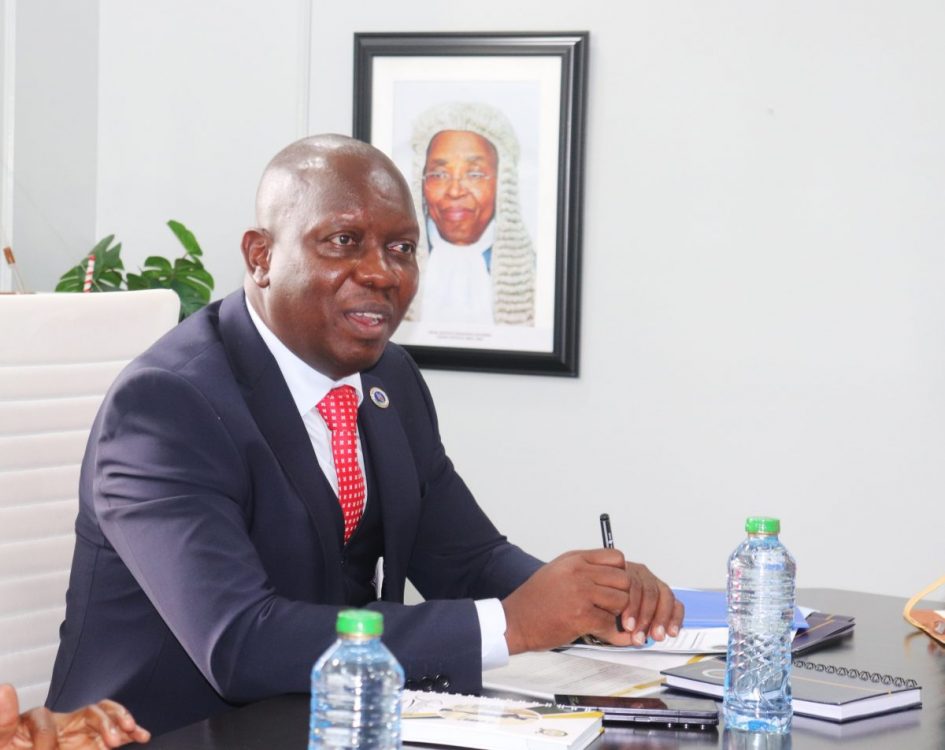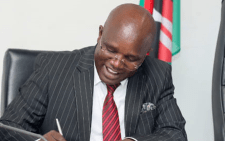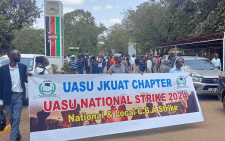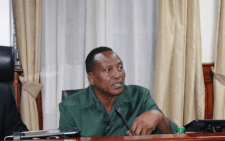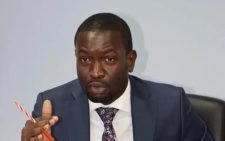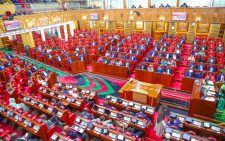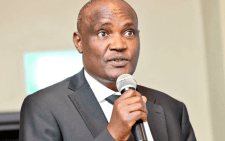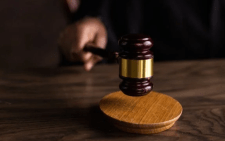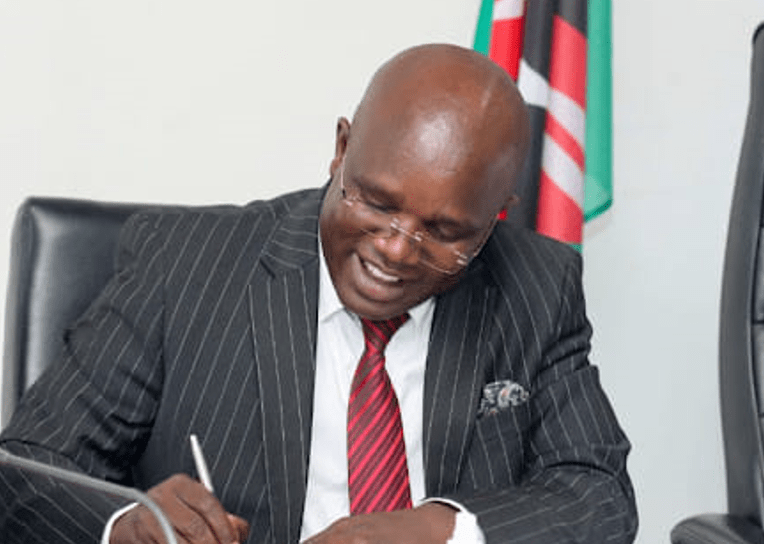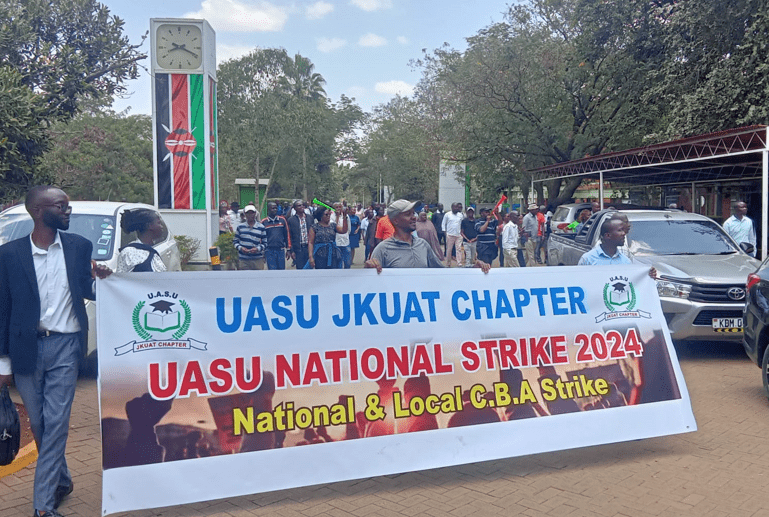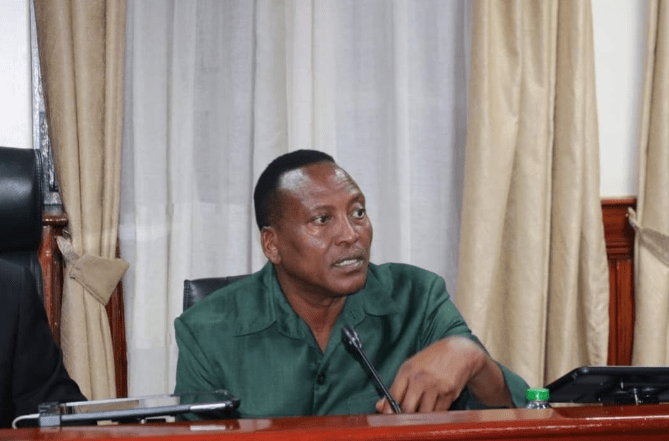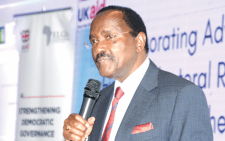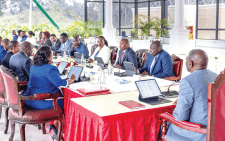A few years ago, three separate High Court rulings declared that the decision to charge suspects is the sole responsibility of the Office of the Director of Public Prosecutions.
Directorate of Criminal Investigations (DCI) had maintained that the decision to charge or not to charge a suspect with a crime and registering such a charge in court was the culmination of and an integral part of the investigative process and it should be strictly the exclusive mandate of the National Police Service.
The courts, however, ruled that though the roles of the investigator and the prosecutor are complimentary, the decision to charge rests with the DPP.
This separation of investigative and prosecutorial functions was a well-thought-out intention on redeeming the country from a history of abuse of human rights.
Ordinarily, the ODPP should only accept cases where there is a reasonable prospect of conviction, considering evidential and public interest test.
The public interest test is what is in the interest of the wider administration of justice, depending on the seriousness of the offence. This is where the prosecutor exercises discretion.
Under Article 157 of the Constitution, the DPP exercises state powers of prosecution and may discontinue any criminal proceedings, before judgement is delivered. Article 157(8) is also clear that the DPP may not discontinue a prosecution without the permission of the court.
In April last year, for example, the DPP withdrew a case against former Ugunja MP James Opiyo Wandayi and Kilifi Senator Stewart Madzayo and four other Azimio Coalition leaders who had been charged with participating in unlawful assembly and malicious damage to property, for the ‘sake of dialogue and peace’. Withdrawal cases by the DPP allegedly due to weak evidence raises more questions than answers. It is the work of courts top assess the weight of evidence laid before judges.
To make the office independent, the Constitution states that the DPP shall not be under the direction or control of any person or authority.
In exercising such powers, it behoves the DPP to have strict regard to the public interest, the interests of the administration of justice and the need to prevent and avoid abuse of the legal process.
That is what the Constitution requires and the DPP should never be seen to be partial or compromised in making such serious decisions.

